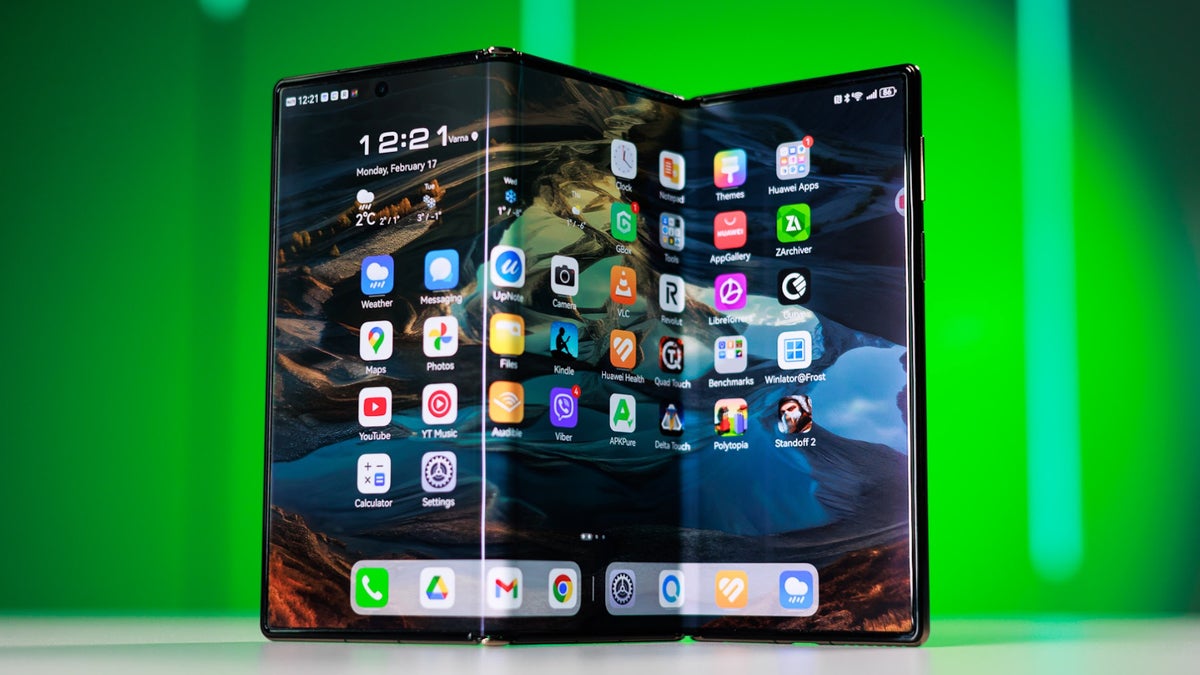Samsung is reportedly working on a groundbreaking tri-foldable Galaxy smartphone, rumored to be named the Galaxy G Fold. 
The phone, expected to launch later this year, will reportedly come equipped with an impressive 16 GB of RAM and will feature a Snapdragon-only variant.
It’s intriguing to note that Samsung’s Galaxy S25 series, including the Ultra model, only offers a 16 GB RAM variant in select markets. This was a leap from the previous S21 Ultra, which was also packed with 16 GB of RAM, but most S25 models were limited to 12 GB. However, the Galaxy G Fold might not wait for the Galaxy S26 to debut 16 GB of RAM as standard, making it a pioneering device in this regard.
Another important detail about the Galaxy G Fold is its use of a Snapdragon processor exclusively, which isn’t surprising considering Samsung’s focus on high-end components. Additionally, the tri-foldable device will feature premium materials, such as a mix of titanium and aluminum, aimed at enhancing durability.
The G Fold, however, will have a limited initial release, primarily targeting markets in Korea and China. Reports suggest that only 200,000 units will be produced for the first run, as the phone is expected to be a high-cost, niche product. While the Galaxy Z Fold series has seen success, Samsung is cautious about the G Fold’s prospects, given the broader foldable market’s challenges.
Competition will come from Huawei’s Mate XT, which had a similarly limited and expensive launch but managed to sell over 400,000 units, despite similar concerns about its high price point. As for the G Fold, if the device doesn’t meet sales expectations, it may not see a global release, and Samsung may instead opt for a more affordable successor in the future.
Interestingly, while Samsung continues to innovate with foldable designs, some critics argue that the company’s focus on this direction may be misaligned with what consumers truly want. Many tech enthusiasts believe the real innovation should focus on improvements like larger batteries and faster charging speeds. Unfortunately, the Galaxy G Fold, along with the Galaxy Z Fold 7, are said to offer disappointing battery specs, including a slow charging rate and a small 4,400 mAh battery that matches the previous model. Similarly, the Galaxy S25 Edge, another new model, has a slim profile but a relatively small 3,900 mAh battery, contributing to its underwhelming sales figures.
Ultimately, Samsung’s focus on design and innovation in folding screens may leave some users wishing for better battery performance in future devices. The question remains whether this direction is in tune with what most consumers really desire.